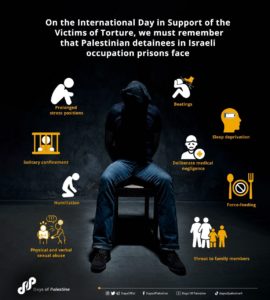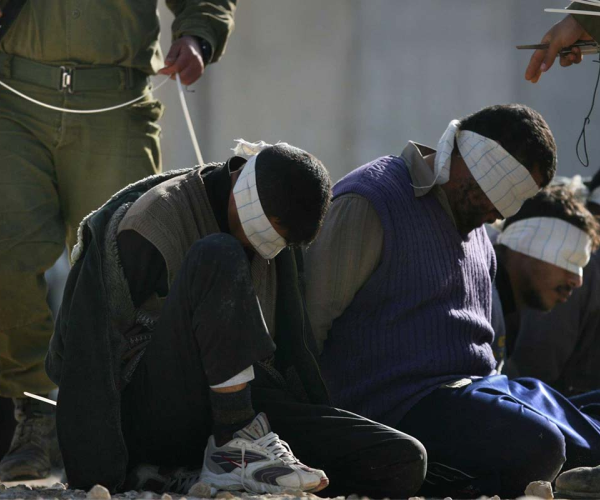Every year on June 26, the global community of rights activists observes the International Day in Support of Victims of Torture. Every year, there is an added case, country, method related to torture perpetrated by the powerful against the weak. From Kashmir to Palestine to Ukraine to ‘First World’ black sites like Gitmo Bay, the impunity for custodial torture runs across the world. Pakistan is no exception. Custodial torture in particular is not only common but almost a given, when it comes to law enforcement in the country. Add the not-so-mysterious matter of enforced disappearances and we have a melting pot of the many ways torture is used against those in custody, political prisoners, journalists, and prisoners of conscience. And in a society that has increasingly become brutalized, state-perpetrated torture has trickled down into regular homes and on the streets: lynchings, domestic abuse of house help – the list is endless.

We need to create far more awareness about the need to end torture of all kinds, especially in our state institutions. When the first instinct of law enforcement is to use the baton instead of reason and logic, there is something broken in that system. When those ‘picked up’ cannot speak of their ordeal on being returned home – if they are at all returned home – the ‘system’ stands tainted and the social contract stands broken. One of the many problems is that the police and other law-enforcement and security agencies are either not trained on how to carry out investigations or feel they have complete impunity to unleash their wrath on those they have in custody. Militant groups use the same methods and one would think there would be some difference between state authorities and militants or criminal networks.
While the Senate of Pakistan had passed the Torture and Custodial Death (Prevention and Punishment) Bill in 2021, the bill still awaits approval by the National Assembly. That would be a much-needed first step towards criminalizing torture. The next step would be implementation because, while the law can lay down many necessary rules, it is really up to the state and government to ensure that the rights of a citizen – regardless of who they are: criminal or political and rights activist – are upheld even if they are accused of a crime. Apart from enforcing laws, good investigation and the use of scientific techniques, including polygraph tests, DNA forensic testing, psychological assessment of criminal behaviour are all essential as a means to end custodial torture. Over the years, various government have chosen to not only ignore extrajudicial killings, custodial torture, impunity for violence but also happily choose these methods for authoritarian enforcement of the ‘law’. There is no excuse to not pass the law preventing torture, especially by a government that has come to power on the claims of saving democracy.

Shortlink for this post: https://daysofpalestine.ps/?p=21271





